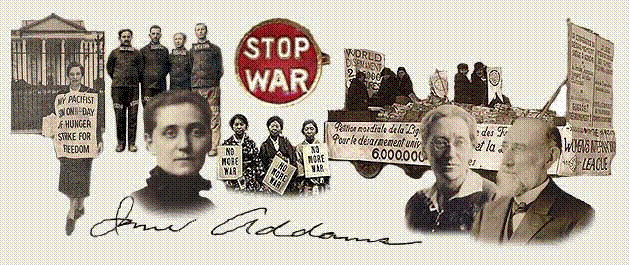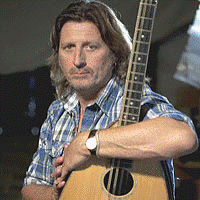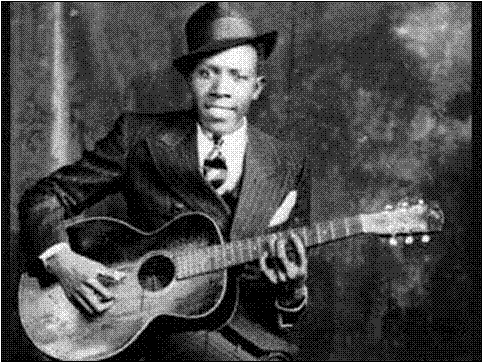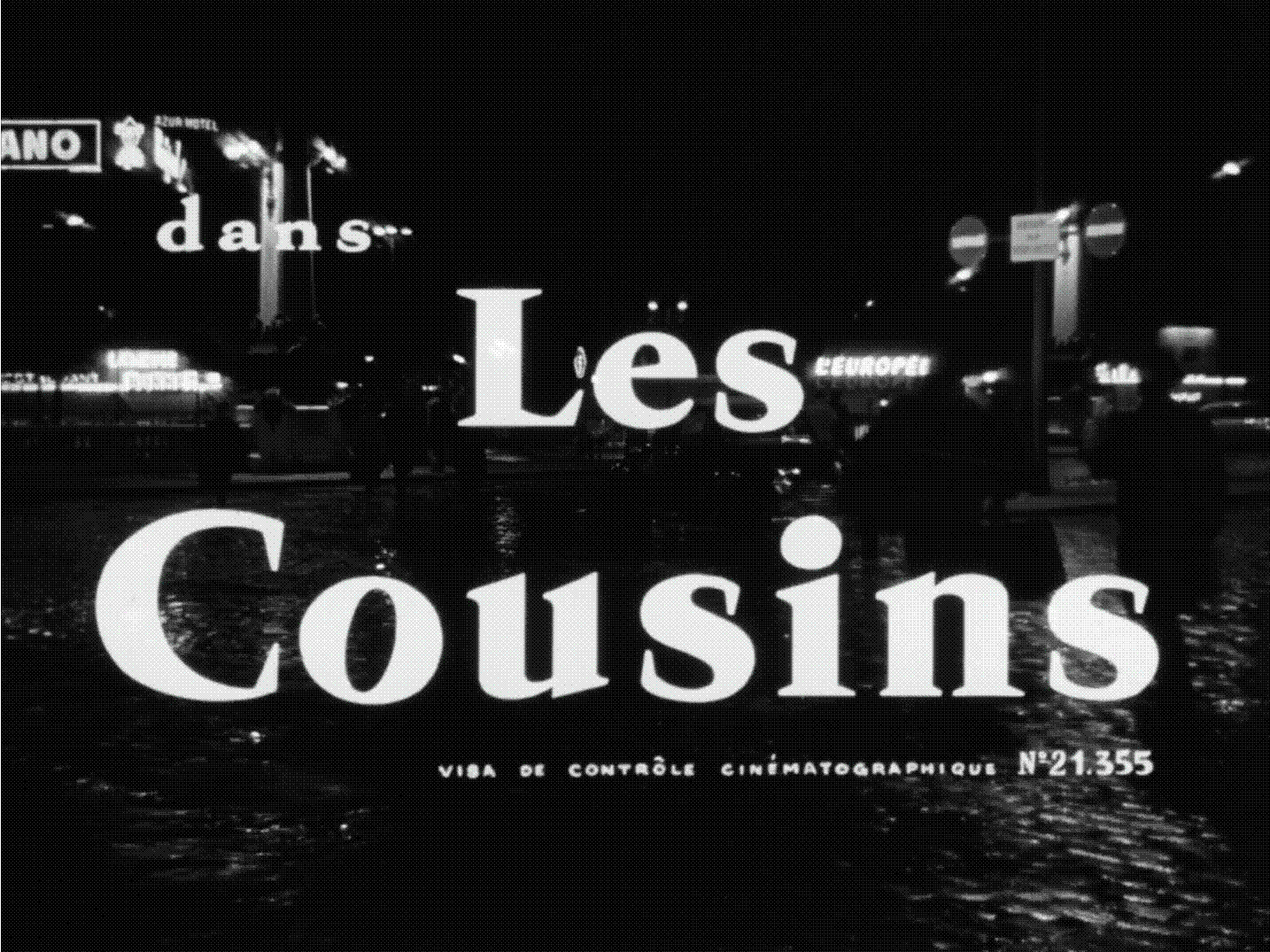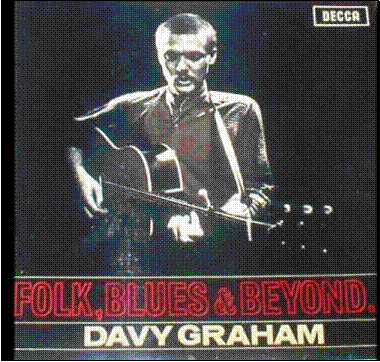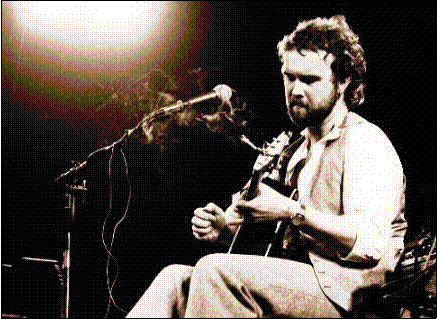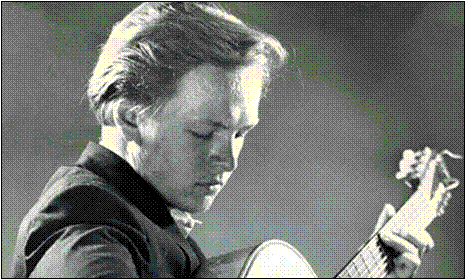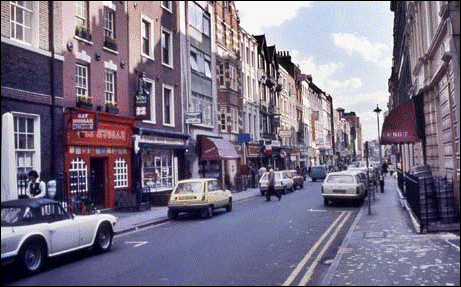What is wrong with us? Men, I mean. That we think violence solves anything? Mass slaughter by armies of young men (usually led by old men) have been at it for thousands of years yet, when the fighting’s over and the pieces have to be picked up, who is really the winner? Usually no one. Take, for example, the Middle East. Jews and Arabs have been at each others throats for ever but, despite both sides being highly intelligent and talented people in all other respects, don’t seem able to comprehend the futility of their struggle. Instead they blame one another and never, so it seems, admit fault. Only through tolerance and understanding can the grievances of both sides be addressed – if not they have nothing to look forward to but perpetual war. As neighbours they must simply learn to get along and stop using history as an excuse for endless attacks – and in particular recognise that ‘an eye for an eye’ mentality is nihilistic and futile.
The same goes for most other conflicts, particularly those fuelled by ideology (religious or political). Though whatever the cause, actual or imagined (often really power, land, wealth, oil, etc), even military victories in the long run are often hollow. After WWII, for example, though both Germany and Japan lost they quite soon became economic winners and Britain spent many years in decline.
War! What is it good for? We all know – yet the bombs continue to rain down on innocent people, often women and children, across the Middle East, Africa, and elsewhere. As if there weren’t enough natural and man-made disasters to deal with. And, let’s face it, they are usually man made. Sometimes I weep over the stupidity, recklessness, greed, arrogance and sheer bloody-mindedness of my sex. Recently I also wrote an anti-war song – not something I’ve ever done before. I know it’s pointless; remember all those protest songs of the Sixties – what good did they do? Maybe its my arrogance to believe I can make any difference by writing a song – anyway, here it is in all its simplistic glory.
PUT THAT GUN DOWN
C: Put that gun down – look what you done now.
It’s no fun now – tribulation and pain.
Widow maker – cruel heart breaker.
Angry man – hang your head in shame.
1. Mommas weeping – kids a-wailing,
Wondering why, how can it be?
We are heading down the road to destruction,
And only because we can’t agree.
2. Look around now, oh can’t you see,
What a wonderful world this all could be?
And all we gotta do to show we care,
Get it together – people everywhere
3. Little big man with your weapons of war,
Don’t you know we’ve been here before?
Didn’t work then – won’t work today.
Vote for freedom – it’s the only way.



